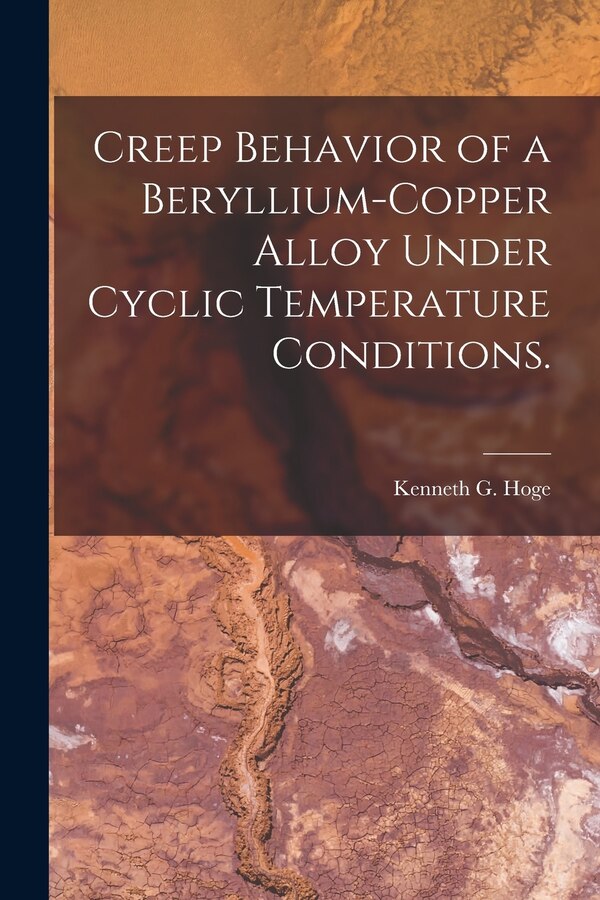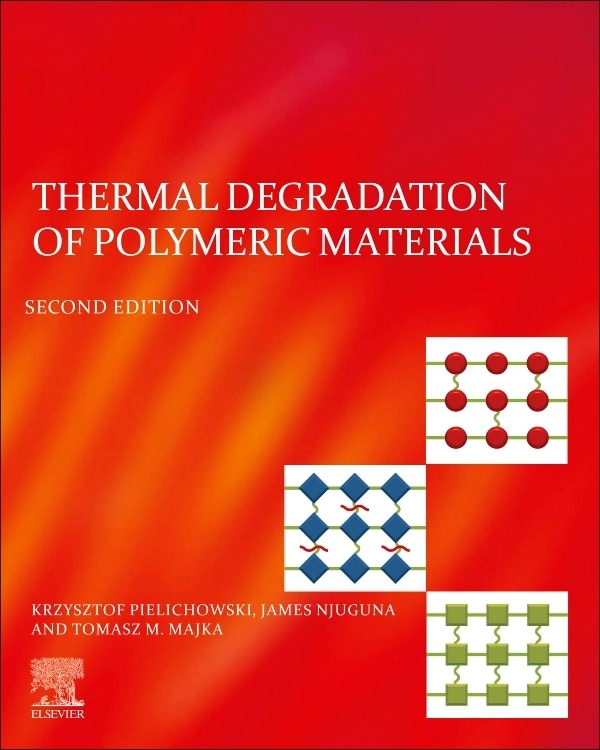Home
Effects Of Prior Aging At Elevated Temperature In Air And In Argon Environments On Creep Response Of Pmr-15 Neat Resin At 288°c | Indigo Chapters
Loading Inventory...

Effects Of Prior Aging At Elevated Temperature In Air And In Argon Environments On Creep Response Of Pmr-15 Neat Resin At 288°c | Indigo Chapters
From Joseph L Broeckert
Current price: $60.51


From Joseph L Broeckert
Effects Of Prior Aging At Elevated Temperature In Air And In Argon Environments On Creep Response Of Pmr-15 Neat Resin At 288°c | Indigo Chapters
Current price: $60.51
Loading Inventory...
Size: 0.38 x 9.69 x 0.73
*Product information may vary - to confirm product availability, pricing, shipping and return information please contact Coles
Creep behavior of PMR-15 neat resin, a polyimide thermoset polymer, aged in air or argon gaseous environments at 288-C for up to 1000 h was evaluated. Creep tests were performed at 288-C at creep stress levels of 20 and 10 MPa. Creep periods of at least 25 h in duration were followed by recovery at zero stress. Weight loss and growth of the oxidation layer were also monitored and correlated with aging time. The aging time in both air and argon environments had a strong influence on the creep and recovery response of PMR-15 neat resin. Samples aged in argon for 1000 h and tested at a creep stress level of 20 MPa produced creep strain of 4%, while the as-processed samples accumulated creep strain of 16%. DMA tests were performed to examine any changes in the glass transition temperature (Tg) of the PMR-15 neat resin. DMA results revealed an increase in (Tg) from 331-C to 336.5-C after 1000 h in argon at 288-C. Increase in Tg, indicating an increase in crosslink density due to aging in both air and argon environments is likely behind the changes in elastic modulus and in creep and recovery behavior. | Effects Of Prior Aging At Elevated Temperature In Air And In Argon Environments On Creep Response Of Pmr-15 Neat Resin At 288°c | Indigo Chapters


















